

2019-08-26 11:30:00 Mon ET
technology social safety nets education infrastructure health insurance health care medical care medication vaccine social security pension deposit insurance
Partisanship matters more than the socioeconomic influence of the rich and elite interest groups. This new trend emerges from the recent empirical analysis of 49 Senate votes on socioeconomic and foreign-policy issues from 2001 to 2015 and national survey data from Gallup and Pew. This empirical analysis shows that the rich elite income groups seem to get what they want from their senators about 60% of the time, whereas, the poor income groups receive a low 55% fair chance. When the socioeconomic echelons oppose each other on both sides of a particular policy issue, Senate votes favor the rich with a significantly higher 63% fair chance.
In the scenario where the rich and poor voters oppose each other on a given policy issue, Democratic senators side with the rich only with a 35% fair chance, whereas, Republican senators vote in accordance with elite interests 86% of the time. Since Republicans hold majority control in Senate, U.S. congressional decisions benefit the upper echelon because legislators often follow the party line. Affluent influence that results from U.S. partisan influence can be worrisome. However, the American median voter experience is not the same as living in an oligarchy.
If any of our AYA Analytica financial health memos (FHM), blog posts, ebooks, newsletters, and notifications etc, or any other form of online content curation, involves potential copyright concerns, please feel free to contact us at service@ayafintech.network so that we can remove relevant content in response to any such request within a reasonable time frame.
2018-01-15 07:35:00 Monday ET
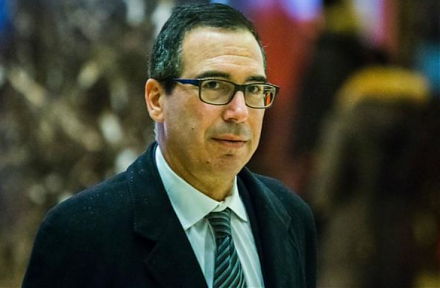
Treasury Secretary Steven Mnuchin welcomes a weak U.S. dollar amid pervasive fears of an open trade war between America and China. At the World Economic For
2017-11-03 06:41:00 Friday ET
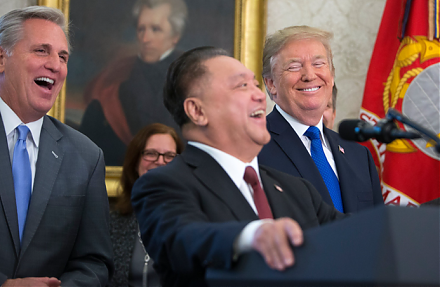
Broadcom, a one-time division of Hewlett-Packard and now a semiconductor maker whose chips help power iPhone X, has announced its strategic plans to move it
2019-06-19 09:27:00 Wednesday ET
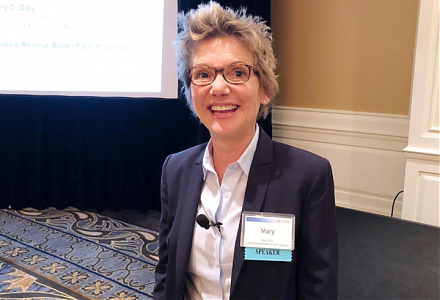
San Francisco Fed CEO Mary Daly suggests that trade escalation is not the only risk in the global economy. Due to the current Sino-U.S. trade tension, the g
2018-09-07 07:33:00 Friday ET
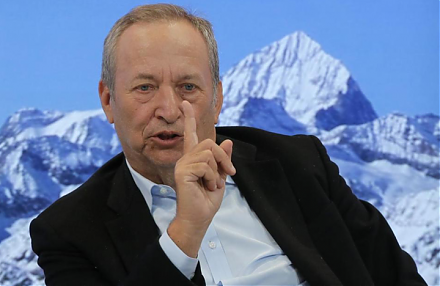
The Economist re-evaluates the realistic scenario that the world has learned few lessons of the global financial crisis from 2008 to 2009 over the past deca
2018-05-25 07:30:00 Friday ET

President Trump introduces $50 billion tariffs on Chinese products and new limits on Chinese high-tech investments in America. This new round of tariffs
2017-03-21 09:37:00 Tuesday ET
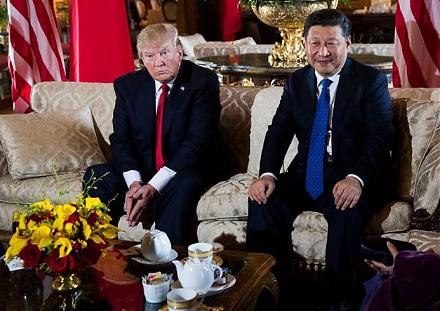
Trump and Xi meet in the most important summit on earth this year. Trump has promised to retaliate against China's currency misalignment, steel trade